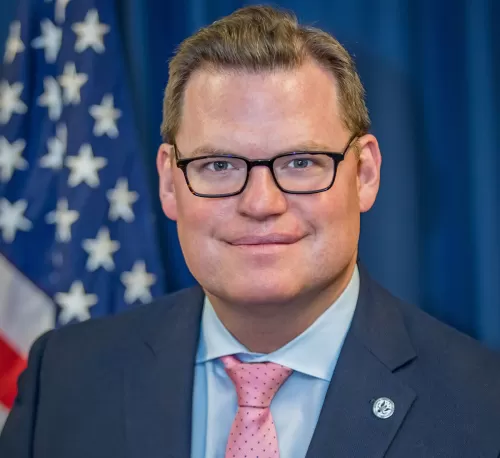NCUA Vice Chairman Kyle S. Hauptman
As Prepared for Delivery on March 17, 2022
Thank you, Mr. Chairman.
We were all disappointed to learn that the Central Liquidity Facility (CLF) enhancements outlined in the CARES Act did not make it into the most recent Consolidated Appropriations Bill. I am committed, as are my fellow NCUA Board members, to continue our efforts with Congress to make those changes permanent.
I understand that the CLF is a rarely used utility, but that is how it should be. You would never say, “My house hasn’t burned down in the last ten years, so I don’t need a fire department.”
In the event of a financial crisis, I am most concerned with the 3,648 small credit unions, including minority depository institutions (MDIs), that will lose access to $13 billion in on-demand emergency liquidity if the CLF enhancements are not made permanent. Thousands of small credit unions and millions of members are at risk.
In addition, without the enhancements, the CLF’s ability to provide rapid emergency liquidity to the Share Insurance Fund is substantially reduced, which puts the entire credit union movement at risk.
Increasing access to the emergency liquidity provided through the CLF not only reduces risk to credit unions, it also comes at no net cost to the taxpayer. In addition, the agent relationship with the corporate credit union system, saves the NCUA substantial resources and, more importantly, precious time during an emergency. But given the situation is what it is, it’s not a bad time to mention that credit union management, and no one else, is ultimately responsible for their institution’s liquidity needs.
But as someone who was a Lehman Brothers employee when they collapsed in 2008, I pray we never experience another financial crisis like that one, but we must be prepared.
Thank you, Mr. Chairman. I appreciate the opportunity to address this issue.



